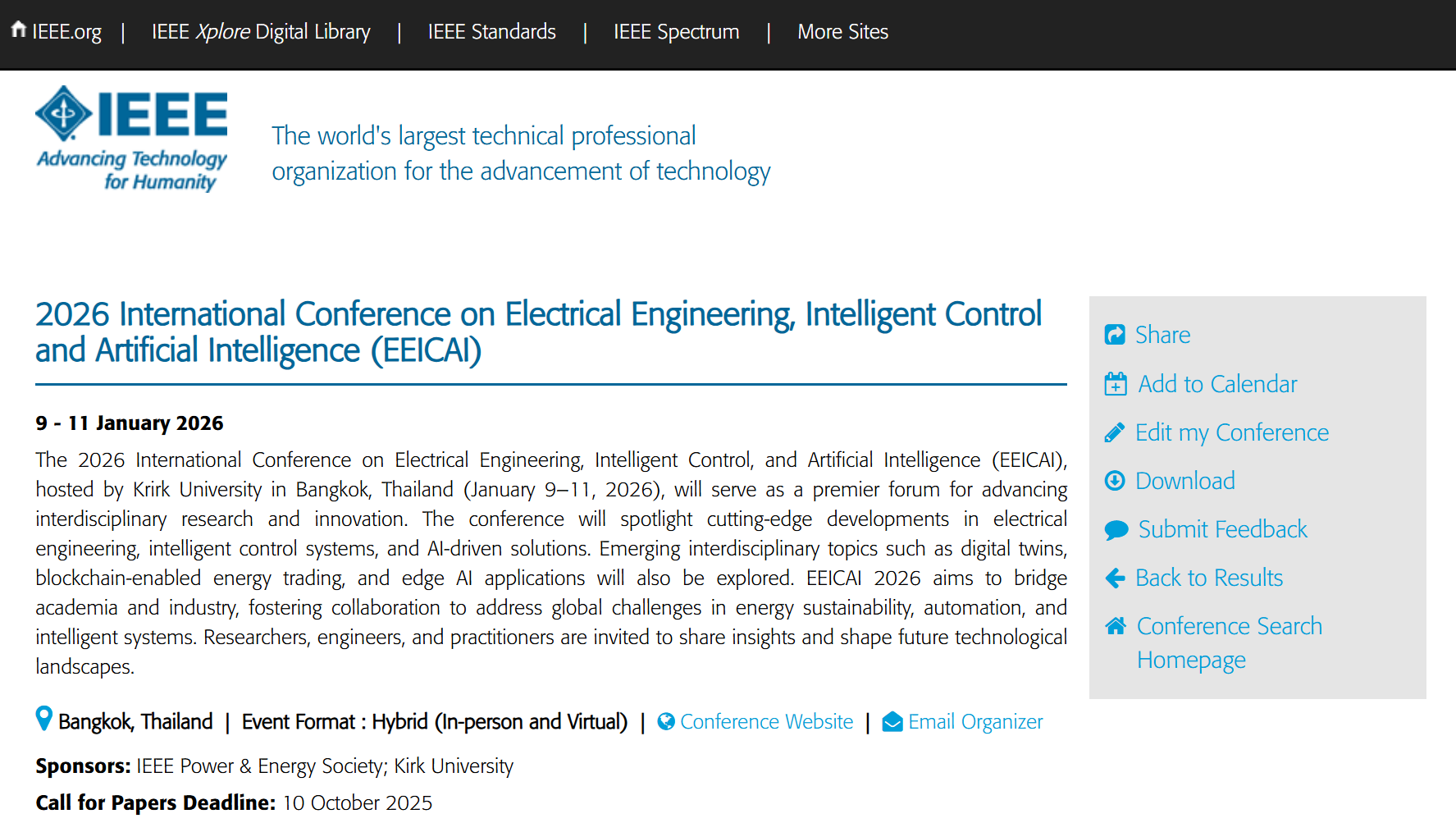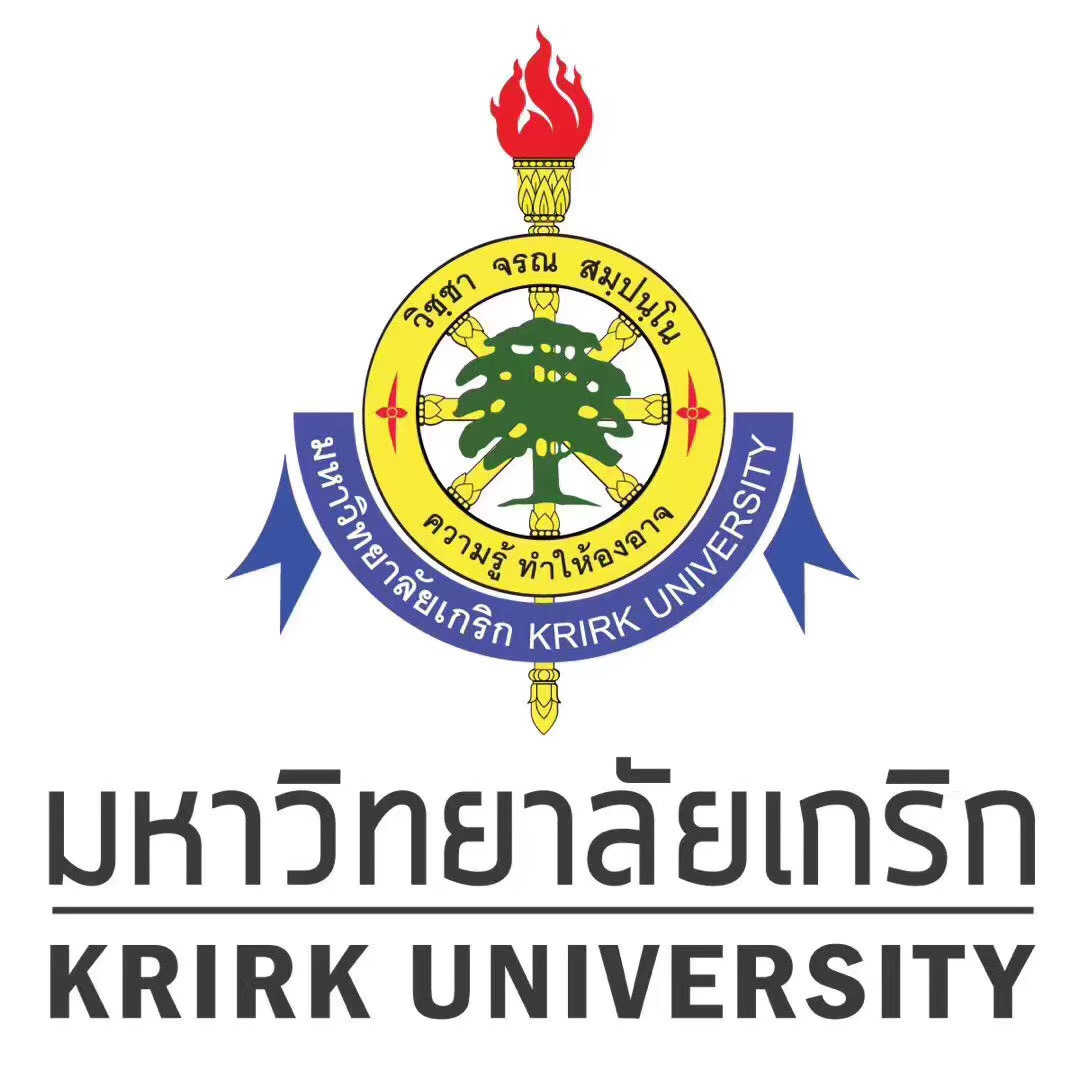Electrical Engineering
Power Systems & Energy
Smart grid and microgrid technologies
Renewable energy integration (wind, solar, energy storage)
Power electronics and drive control
High-voltage engineering and intelligent power equipment
Electricity markets and demand response
Electric Machines & Devices
Advanced motor design and optimization
Condition monitoring and fault diagnosis of electrical equipment
High-performance inverters and servo systems
Electrical Safety & Reliability
Power system stability analysis and control
Electrical insulation and electromagnetic compatibility (EMC)
Intelligent Control
Control Theory & Applications
Adaptive control, robust control, and fuzzy control
Model predictive control (MPC) and optimal control
Multi-agent system coordination
Industrial Automation & Robotics
Intelligent control for Industry 4.0
Robot path planning and autonomous decision-making
Human-robot collaboration and flexible manufacturing systems
Smart Sensing & IoT
Wireless sensor networks in control systems
Edge computing for real-time control
Artificial Intelligence (AI)
AI Algorithms & Models
Deep learning, reinforcement learning, and transfer learning
Neural network architectures (e.g., Transformer, GNN)
Few-shot learning and explainable AI (XAI)
AI Applications in Electrical & Control Systems
AI-based power load forecasting
Intelligent fault detection and diagnosis (e.g., transformers, motors)
AI-driven autonomous systems (drones, smart vehicles)
Intelligent Optimization & Decision-Making
Genetic algorithms and particle swarm optimization in control
Big data-driven energy management strategies
Interdisciplinary & Emerging Technologies
Energy-AI Integration
Digital twins for power systems
Blockchain for energy trading
Smart Cities & Transportation
Intelligent traffic signal control
EV charging network optimization
Edge AI & Embedded Systems
Low-power AI chips for electrical devices
Real-time embedded control algorithms




 Please send the full paper(word+pdf) to Submission System :
Please send the full paper(word+pdf) to Submission System : 


